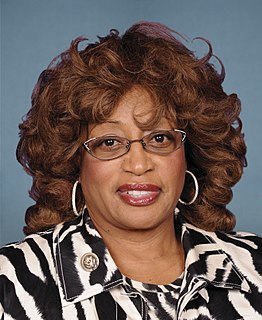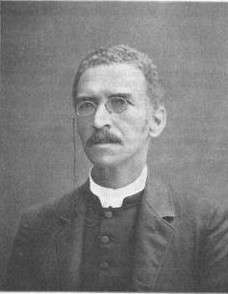A Quote by Corrine Brown
The Emancipation Proclamation, signed by President Abraham Lincoln, was put into effect on January 1, 1863, but news of the Proclamation and enforcement did not reach Texas until after the end of the Civil War almost two years later.
Related Quotes
More than 150 years after Lincoln's Emancipation Proclamation, slavery is illegal almost everywhere. But it is still not abolished - not even here, in the land of the free. On the contrary, there is a cancer of violence, a modern-day slavery growing in America by the day, in the very places where we live and work. It's called human trafficking.
I am asked often about Abraham Lincoln's mistakes and faults; he certainly made some mistakes. I have chapter in President Lincoln about the Powhatan affair that was a royal screw-up in the early days - right alongside the Sumter affair. Lincoln signed letters he should not signed, and the ship was sent to two places at one under two captains etc. Fortunately, no great harm. Lincoln took the blame and did not do anything like that again.
The fact that an African American sits in the White House at the helm of government in the United States of America on this 150th anniversary of Abraham Lincoln's Emancipation Proclamation represents both phenomenal political symbolism and a victory of faith in democracy that should not be lost on any American.
Five score years ago, a great American, in whose symbolic shadow we stand today signed the Emancipation Proclamation. This momentous decree came as a great beacon light of hope to millions of Negro slaves who had been seared in the flames of withering injustice. It came as a joyous daybreak to end the long night of their captivity. But one hundred years later, we must face the tragic fact that the Negro is still not free.
The same thing that Uncle Tom did on the plantation before [Abe] Lincoln issued the so-called Emancipation Proclamation.I have no thinking on the matter. But he's teaching the black people to suffer peacefully, patiently, until the white man makes up his mind that you're a human being the same as he.
It is true that Mr. Lincoln signed the Emancipation Proclamation, after which there was a commitment to give 40 acres and a mule. That's where the argument, to this day, of reparations starts. We never got the 40 acres. We went all the way to Herbert Hoover, and we never got the 40 acres. We didn't get the mule. So we decided we'd ride this donkey as far as it would take us.
Lincoln has accepted America as a biracial society. He's talking about giving at least some black men the right to vote. In the Emancipation Proclamation he advises some blacks to labor faithfully for reasonable wages, here in the United States. He doesn't say anything about them leaving the country. He puts black men in the army. That is a whole different vision than simply saying "let's have them go out of the country." I think what's interesting is the change in Lincoln's view, but one must realize that he did adhere to this idea of colonization for many years.
Christianity is NOT a religion; it is the proclamation of the end of religion. Religion is a human activity dedicated to the job of reconciling God to humanity and humanity to itself. The Gospel, however - the Good News of our Lord and Savior, Jesus Christ, is the astonishing announcement that God has done the whole work of reconciliation without a scrap of human assistance. It is the bizarre proclamation that religion is over - period.
I repeat the declaration made a year ago, that 'while I remain in my present position I shall not attempt to retract or modify the emancipation proclamation, nor shall I return to slavery any person who is free by the terms of that proclamation, or by any of the Acts of Congress.' If the people should, by whatever mode or means, make it an Executive duty to re-enslave such persons, another, and not I, must be their instrument to perform it.


































